Canadian prime minister Justin Trudeau has unveiled his federal government’s carbon pricing scheme.
The federal levy will apply in four provinces − Ontario, Saskatchewan, Manitoba and New Brunswick − whose governments have declined to adopt their own plans for carbon pricing.
Two years ago, an agreement had been reached with all provinces that include a backstop carbon tax on greenhouse gas emissions; and Trudeau had previously made it clear that provinces without sufficient carbon taxes or cap-and-trade schemes will face a federal scheme instead.
Trudeau—who faces growing opposition, particularly among the country’s conservative parties to any carbon tax or cap-and-trade system—announced the move in a Toronto suburb that is home to Ontario Premier Doug Ford, who scrapped the cap-and-trade system in Canada’s most populous province after being elected earlier this year.
“A number of the provinces have refused to do that, so because pollution doesn’t stop at provincial borders, we’re going to move forward with a federal approach,” Trudeau told CBC Radio before the announcement. “People will be better off, families will be better off because of the carbon incentive we’re returning to them.”
The average household cost of the plan will range from C$202 to C$403 annually starting in 2019, depending on the province, while the average household rebate will range from C$248 to C$598.
The C$20 per tonne initial charge is the equivalent of 4.42 Canadian cents per liter on gasoline
The federal price on carbon pollution will start at a minimum of $10 per tonne from 1 January 2019, increasing by $10 each year to $50 in 2022.
The revenue from this tax will be recycled within the province where it is collected.




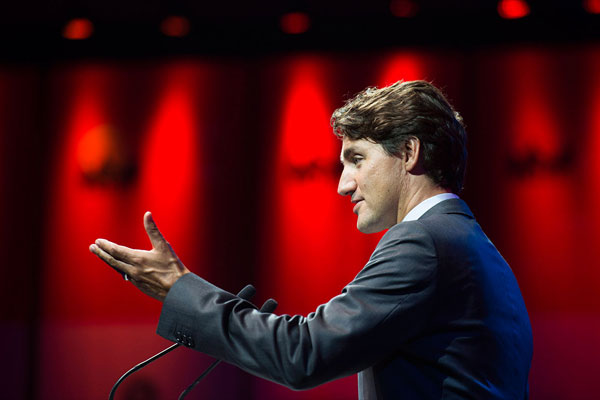

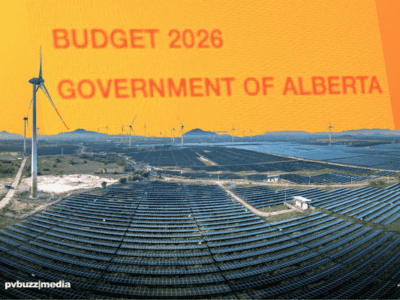
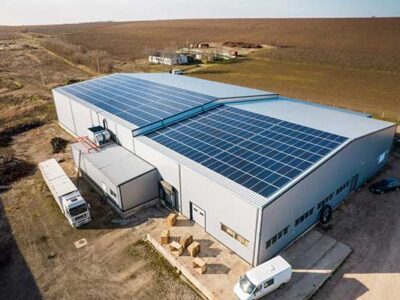

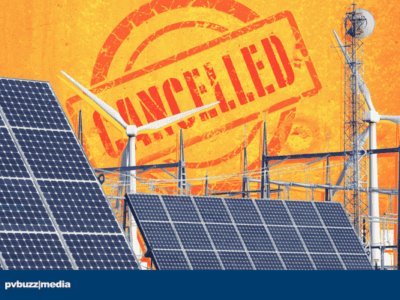
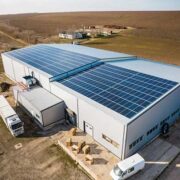

Comments